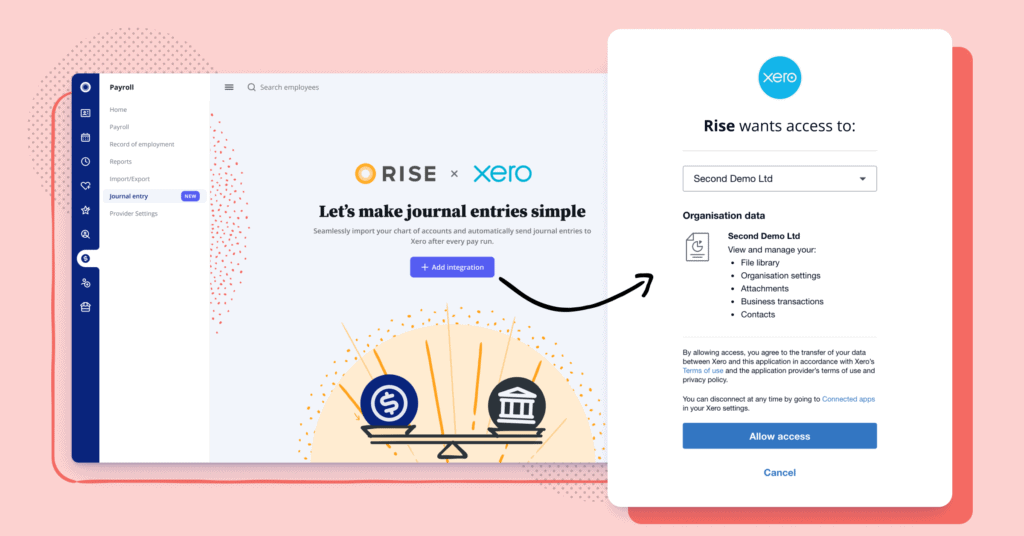Does the CRA view Bitcoin & other cryptocurrencies as an investment vehicle?
Cryptocurrencies are not managed by any central bank or government. Instead, they are managed completely by advanced computer algorithms. Because of this, as stated on the CRA’s website, under Money and Deposits, Section 1.12, “Digital currencies, such as Bitcoins, are not considered to be money issued by a government of a country and are not qualified investments.” In other words, cryptocurrencies are not viewed by the CRA as legal currencies or investments.
If the CRA doesn’t view cryptocurrencies as qualified investments, what do they view them as?
According to the CRA, barter transaction rules apply where Bitcoins and other cryptocurrencies are used to purchase goods or services. As this CBC article quotes Philippe Brideau, Canada Revenue Agency spokesperson, saying in an email, “Barter is the exchange of one good for another good without the use of cash, such as when a farmer who grows vegetables trades with another who raises chickens. Many Canadians don't realize such exchanges are taxable, but they are.” Put simply, while cryptocurrencies aren’t recognized as legal currencies, such as the US or Canadian Dollar, they are still taxable. Because of this, it is advised that employees take note of the value (in Canadian Dollars) of the Bitcoin they receive at the moment they receive it and then again when they sell it (or spend it on something else).
The CRA notes, “In the case of services bartered by a taxpayer for either goods or services, the value of those services must be brought into the taxpayer's income where they are of the kind generally provided by him in the course of earning income from, or are related to, a business or a profession carried on by him (or her)”. To clarify, the taxpayer (or person receiving the Bitcoin for his or her work) is legally responsible for claiming the value of that pay in Canadian Dollars as income (receiving cryptocurrency as pay for work).
How does Rise People handle payroll when a portion of employee pay is in cryptocurrency?
At Rise, we have one client who pays their employees in gold as a portion of their salary. Another pays employees in Bitcoin. All you have to do as an employer is buy the Bitcoin (or other cryptocurrency, such as Dash or Ethereum), and give it to your employees separate from their actual pay. You then tell us what that cryptocurrency was worth in Canadian Dollars, and we will account for this income when we process your employees' T4s. Further, as we mentioned, we recommend that your employees keep record of the value of the cryptocurrency when they receive it and when they spend it so that they can claim any capital gains when they file their taxes. For instance, a Bitcoin you pay an employee might be valued at $1000 at the time they receive it and $1500 when they spend it next month. The difference, $500, is subject to capital gains tax.



